- Spain's Royal Decree 214/2025 makes carbon reporting mandatory for many businesses, replacing the old voluntary system.
- Affected companies must calculate their Scope 1 & 2 carbon footprint, create a five-year reduction plan, and disclose this information on their website.
- The law applies to large companies based on employee count, assets, or turnover, and to public sector bodies. The first reports on 2025 data are due in 2026.
- Compliance is a legal duty and a strategic advantage, especially for winning public contracts and securing green investment.
- Future mandatory reporting of Scope 3 emissions will pressure entire supply chains, making proactive carbon accounting a necessity for smaller businesses as well.
Understanding Royal Decree 214/2025: Your Guide to Spain's New Climate Reporting Law
Spain has changed the rules for corporate climate accountability. The days of voluntary carbon reporting are over.
With the introduction of Royal Decree 214/2025 in June 2025, a significant number of businesses now have a legal obligation to measure, report, and plan the reduction of their carbon emissions.
If your company operates in Spain and is Spanish-incorporated, this regulation is not something you can ignore. It’s a shift in policy, designed to align the country’s economy with its climate goals.
This guide breaks down what Royal Decree 214 means for your business, who needs to act, and how you can turn this new requirement into a strategic advantage.
What is Spain’s Royal Decree 214/2025 (Decree 214)?
Effective June 12, 2025, Royal Decree 214/2025 (or Real Decreto 214/2025) establishes a legally binding framework for corporate climate reporting in Spain.
It replaces a previous 2014 decree that created a voluntary carbon footprint registry. Now, for the first time, specific companies are mandated by law to account for their climate impact.
The decree’s main goal is to accelerate Spain's progress toward its climate targets, which include achieving climate neutrality by 2050 in line with the Paris Agreement and EU objectives. It does this by making transparency and proactive reduction planning standard practice for the country's largest economic players.
How does Decree 214 work?
The framework is built on a straightforward cycle of three core obligations for every affected organization:
- Calculate: You must annually calculate your organization’s carbon footprint according to recognized international standards.
- Reduce: You must create and publish a forward-looking plan that outlines specific targets and measures to reduce your emissions over a minimum of five years.
- Disclose: You must make both your annual carbon footprint and your reduction plan public on your company website.
This structure connects measurement directly to action. It is not enough to simply report past emissions; you must also demonstrate a credible strategy to lower them in the future.
What are the requirements of Decree 214?
Let's look at each of the three pillars in more detail.
1. Calculate your carbon footprint
The decree requires your annual calculation to include, at a minimum, your direct and indirect energy-related emissions.
- Scope 1: Direct emissions from sources your company owns or controls. This includes fuel burned in company vehicles, boilers, or furnaces.
- Scope 2: Indirect emissions from the electricity, heating, or cooling you purchase and consume.
- Scope 3: All other indirect emissions from your value chain, like those from your suppliers, business travel, or the use of your products. Reporting on Scope 3 is currently voluntary for private companies but will become mandatory for public sector bodies in 2028. This is a clear signal of what is coming for the private sector.
Your calculations must follow established standards like the Greenhouse Gas (GHG) Protocol or ISO 14064-1:2018 and use official emission factors published by Spain's Ministry for the Ecological Transition (MITECO).
2. Prepare a reduction plan
This is not a simple statement of intent. Your reduction plan must be a formal document that includes:
- A minimum five-year time horizon.
- Quantified, numerical reduction targets against a set base year.
- Specific actions and measures your organization will take to meet those targets.
The plan must be ambitious enough to align with the goals of the Paris Agreement.
3. Publicly disclose your data
Transparency is the final piece. Both the carbon footprint and the reduction plan must be published on your company's website within six months of your fiscal year-end. The information must be freely accessible and easily findable. You can also include it in your existing sustainability or non-financial reports to meet this requirement.
When does Decree 214 become mandatory?
The timeline is already in motion. Here are the key dates you need to know:
- June 12, 2025: Royal Decree 214/2025 officially came into effect.
- Fiscal Year 2025: This is the first full year for which obligated companies must calculate their Scope 1 and 2 emissions.
- During 2026: Your first report (on 2025 data) and your first five-year reduction plan must be published.
- Fiscal Year 2028: Mandatory Scope 3 reporting begins for public bodies.
Who needs to comply with Decree 214?
The decree applies to approximately 4,000 entities across Spain's public and private sectors.
Large private companies
Your company must comply if it meets at least one of these criteria for two consecutive years:
- More than 250 employees.
- Total assets exceeding €20 million.
- Net annual turnover exceeding €40 million.
Companies with over 500 employees or those considered of public interest are also automatically included.
Public sector entities
The obligation covers a wide range of government bodies, including central government ministries, autonomous bodies, and Social Security entities. This ensures the government leads by example.
Event organizers
In a unique provision, organizers of events with more than 1,500 attendees must calculate the event's carbon footprint if they choose to register it with the national carbon registry.
Why should you care about Decree 214?
This regulation is more than a compliance task. It presents real risks and opportunities that can directly affect your bottom line.
The public procurement advantage
The decree allows a company’s participation in the national carbon registry to be used as a positive criterion in public procurement processes. While registration is voluntary for private firms, doing so could give you a competitive edge when bidding for government contracts. Non-compliance, on the other hand, could lead to exclusion.
The Scope 3 ripple effect
The future mandate for Scope 3 reporting will force large companies to request emissions data from their suppliers. This "ripple effect" will pressure thousands of smaller businesses to start their own carbon accounting to remain competitive and keep their place in major supply chains. If you are an SME, your largest customers will soon be asking for your data.
Access to capital and investment
Investors and lenders are increasingly using climate data to assess risk. A transparent, verified carbon footprint and a strong reduction plan can improve your access to green finance, sustainable bonds, and investment from ESG-focused funds. Poor data can be seen as a sign of poor risk management.
How can Arbor help you with Decree 214?
Navigating the requirements of Royal Decree 214 can seem complex, especially when dealing with complex supply chains for Scope 3. This is where a dedicated carbon accounting platform can save you time and money.
Arbor’s platform is designed to make carbon management simple, accurate, and fast.
- Automated and scalable: We automate the complex calculations for Scopes 1, 2, and 3. Our platform can handle thousands of products and suppliers, giving you a complete view of your carbon footprint in a fraction of the time it takes with spreadsheets or consultants.
- Accurate and actionable data: We use region-specific data to provide a precise calculation of your emissions. Our hotspot analysis pinpoints the largest sources of emissions in your operations and supply chain, so you know exactly where to focus your reduction efforts.
- Compliance-ready reporting: Arbor provides trusted, accurate carbon data that is ready for disclosure and regulatory compliance. Our calculations adhere to the GHG Protocol, giving you the confidence that your reporting meets the standards required by Decree 214.
- Extension of your sustainability team: Beyond software, Arbor’s specialists work alongside you throughout the whole process. We will help in setting up data collection, training your team, and supporting measurements and disclosure. Our hands-on support means you can move faster with a small team.
Instead of dedicating months to manual data collection, you can get a clear picture of your carbon footprint and develop an effective reduction plan quickly and efficiently.
Summary
Royal Decree 214/2025 is a major step in Spain's climate policy. It makes carbon accounting and reduction planning a legal requirement for large companies and public entities. This new framework requires you to calculate, reduce, and disclose your emissions annually.
By taking a proactive approach, you can meet your legal obligations and position your business as a leader in a decarbonizing economy.
Ready for Spain’s new climate regulations?
Talk to one of our carbon experts. Request a free consultation.
Mesurez vos émissions de carbone avec Arbor
Comptabilité du carbone simple et facile.
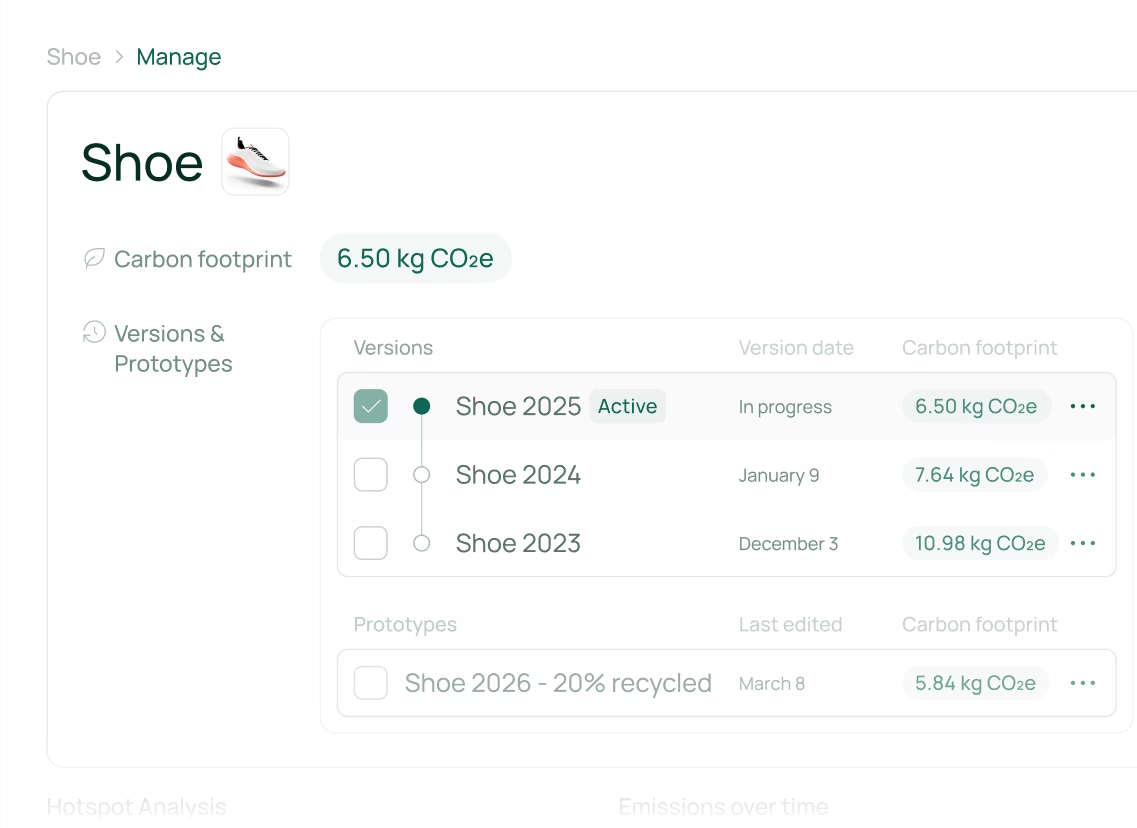
FAQ on Royal Decree 214
What is the main goal of Royal Decree 214?
The primary goal is to make corporate climate accountability mandatory in Spain. It aims to accelerate greenhouse gas reductions to help the country meet its national and international climate targets, including climate neutrality by 2050.
Is Scope 3 reporting mandatory for my company?
For private companies, reporting on Scope 3 (value chain) emissions is currently voluntary. However, it will become mandatory for public sector bodies in 2028, which signals that it will likely become a requirement for the private sector in the future.
Do I need to get my carbon footprint verified?
Third-party verification is not required for the basic website disclosure. However, verification is mandatory if you choose to register your footprint in Spain’s national carbon registry, which can provide a competitive advantage in public tenders.
What happens if I don't comply?
While the decree is new, non-compliance with legal mandates typically carries financial penalties. More importantly, it could lead to exclusion from public procurement processes and cause significant reputational damage with investors, customers, and other stakeholders.


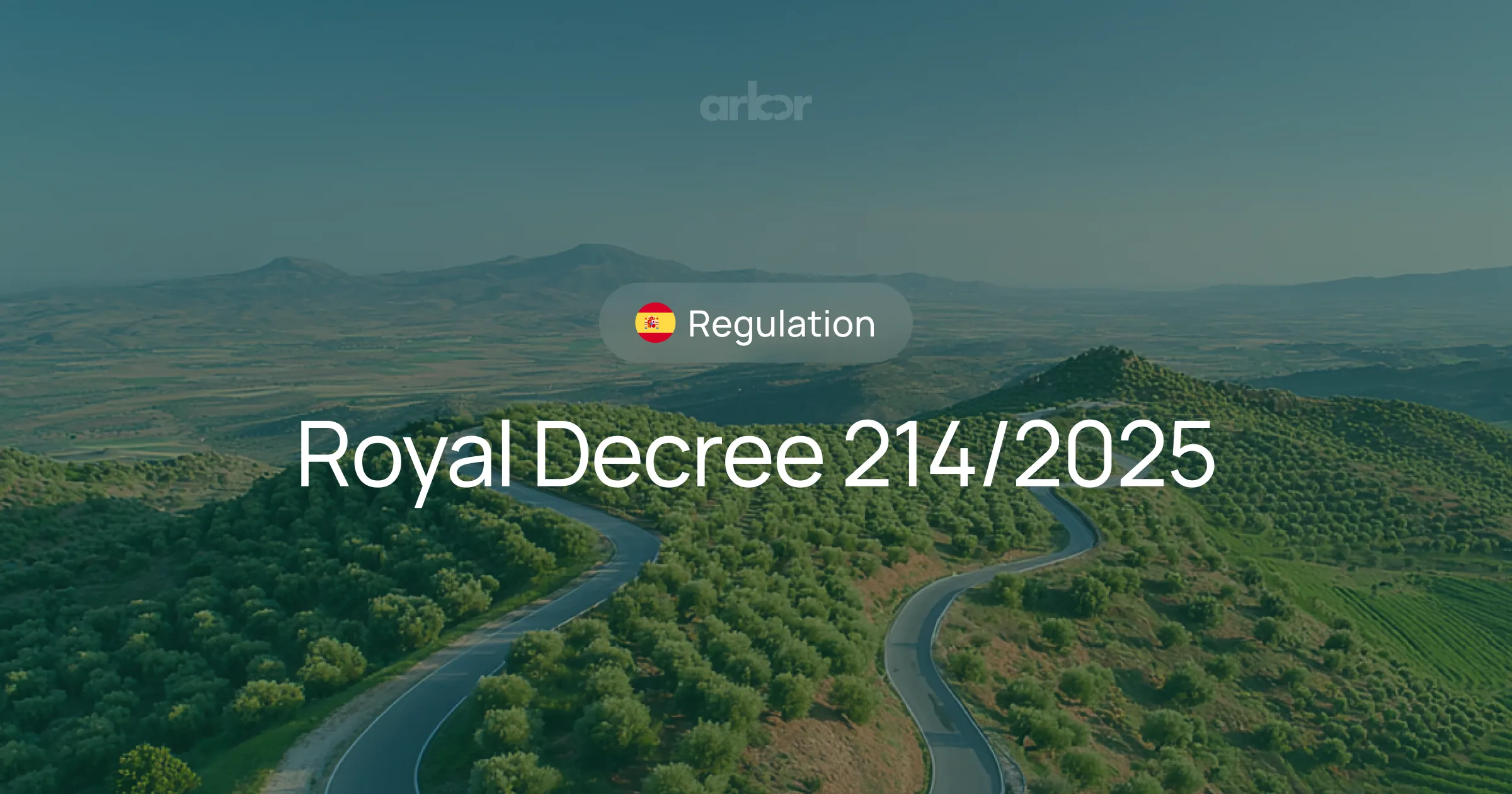




.webp)
%20Directive.webp)
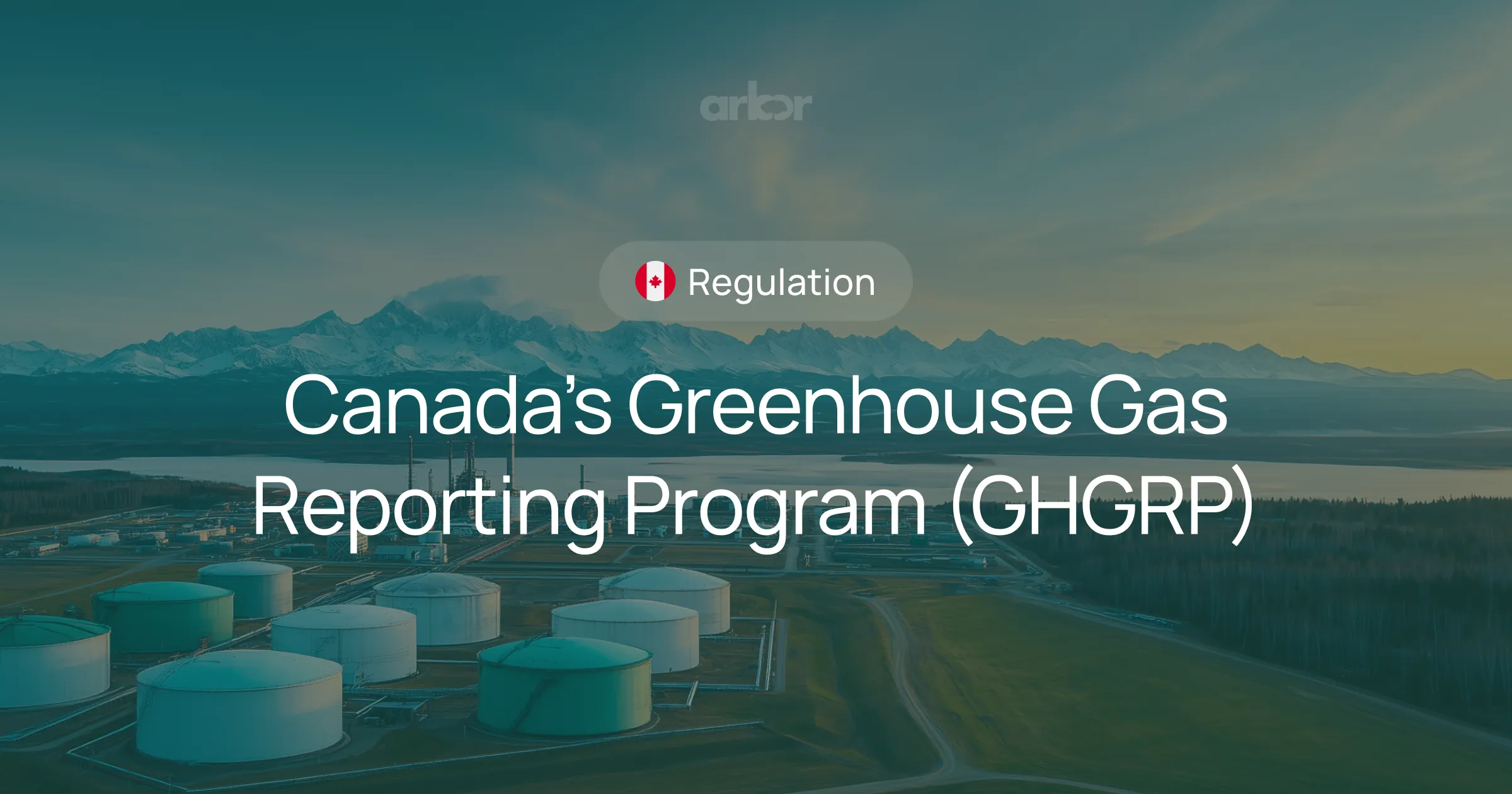

.webp)

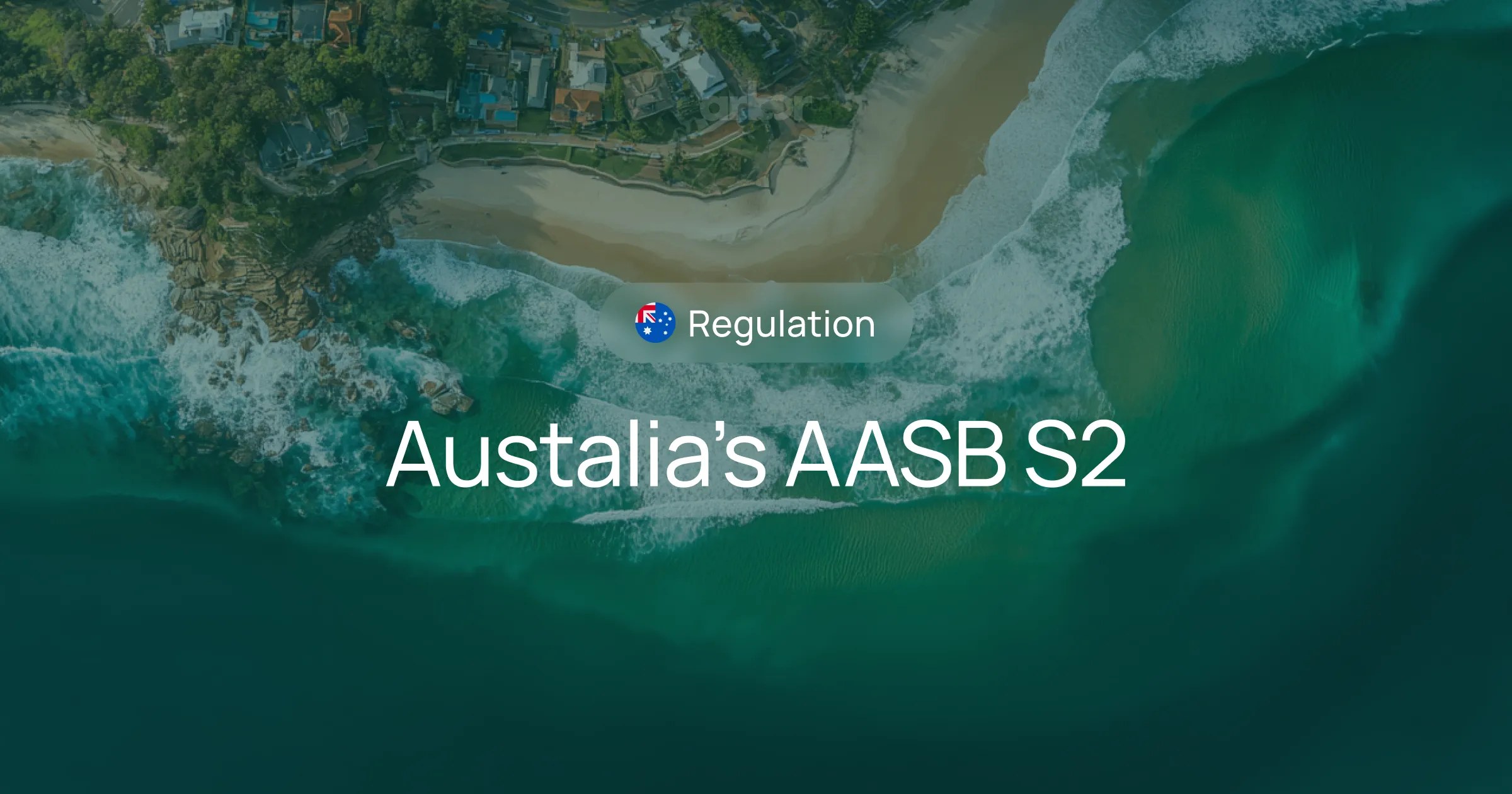
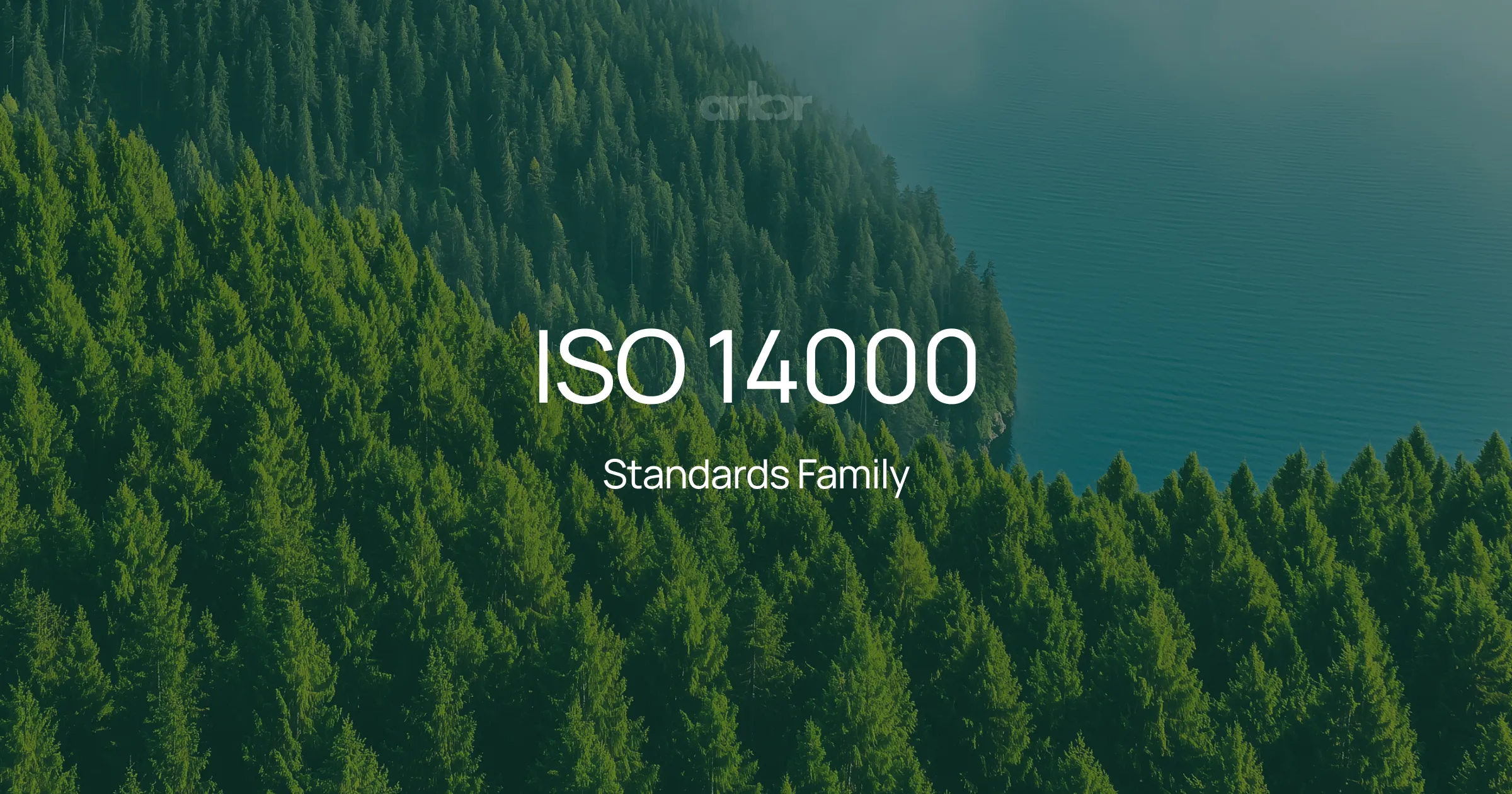
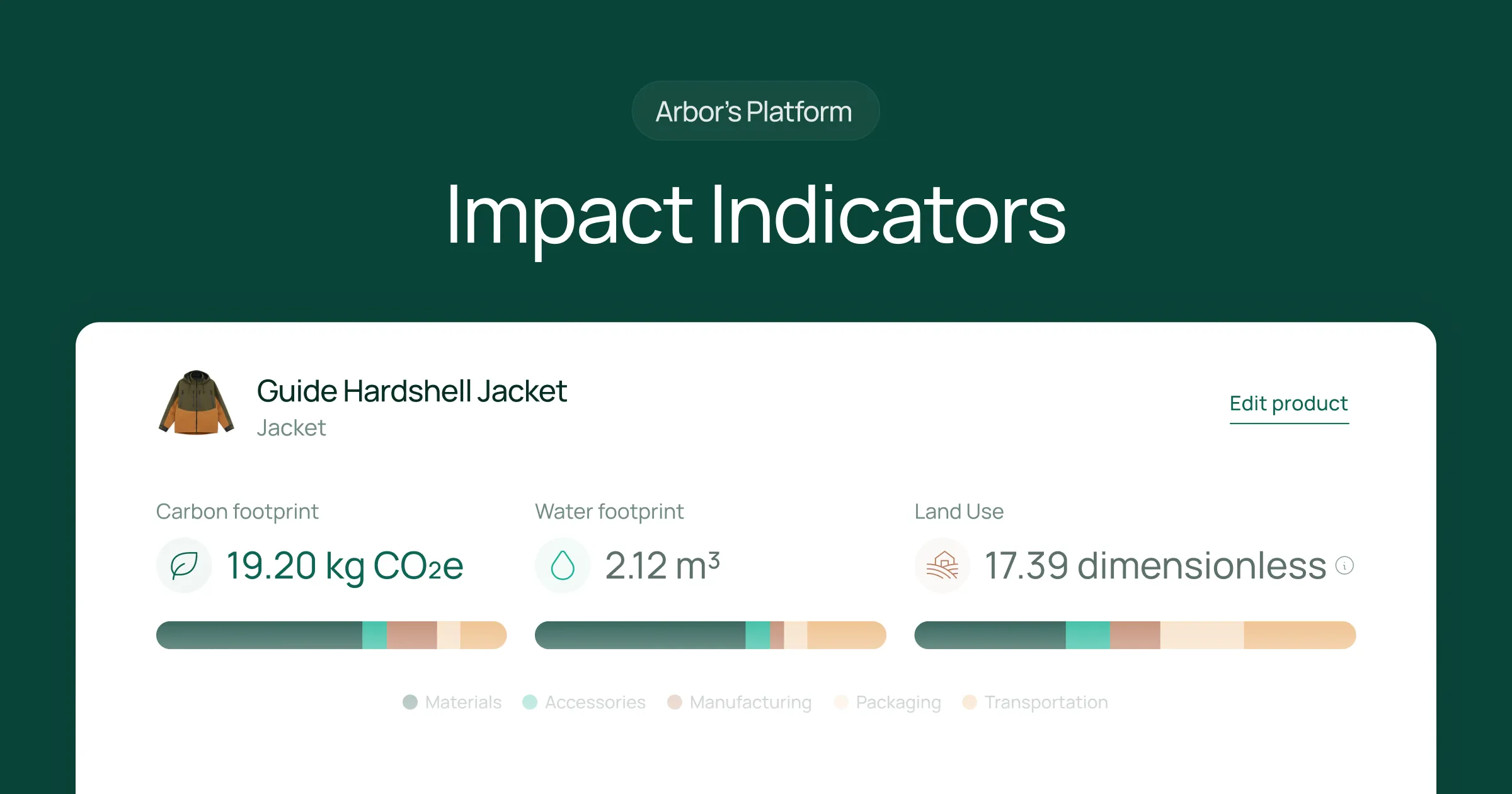
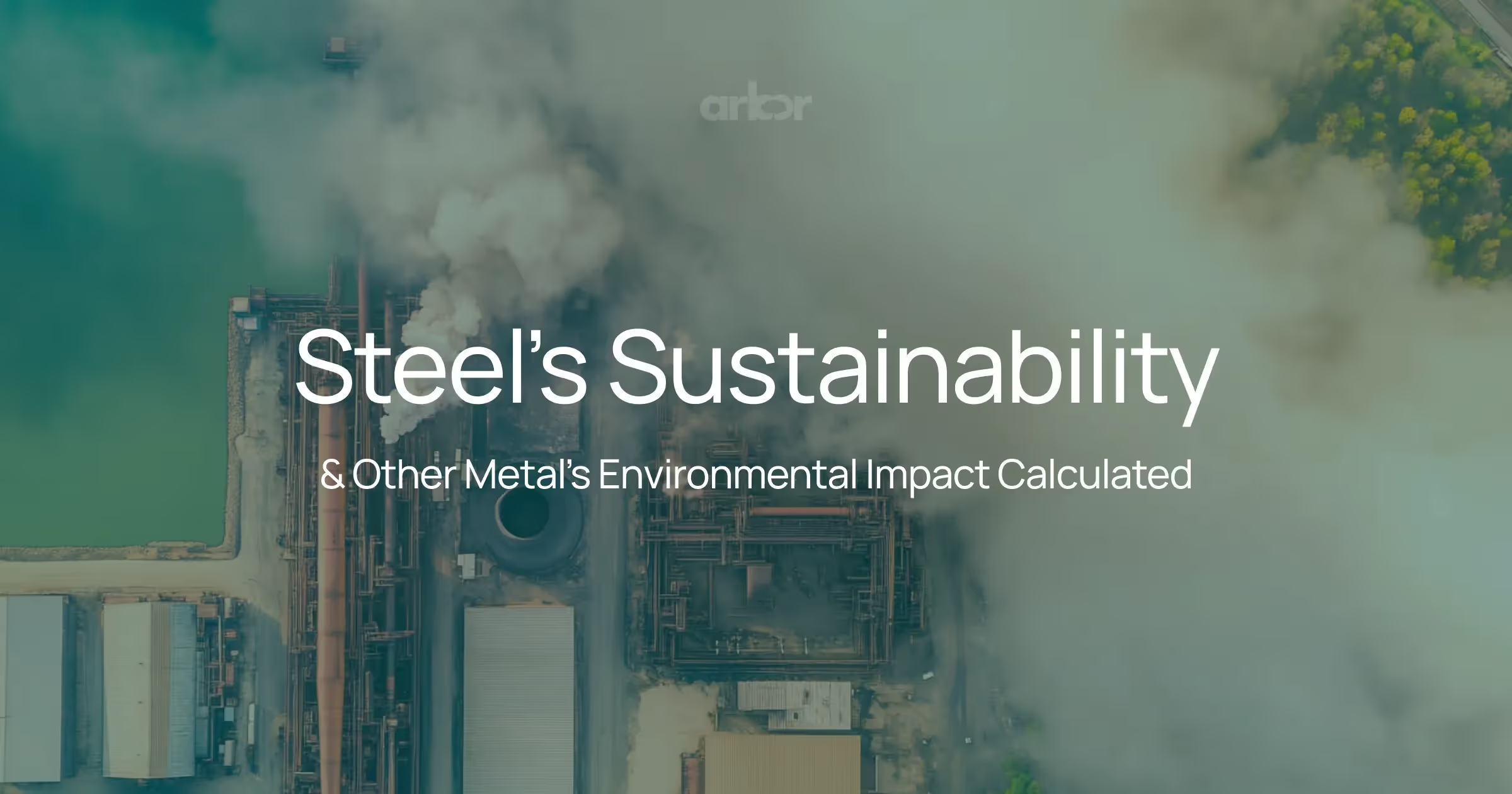

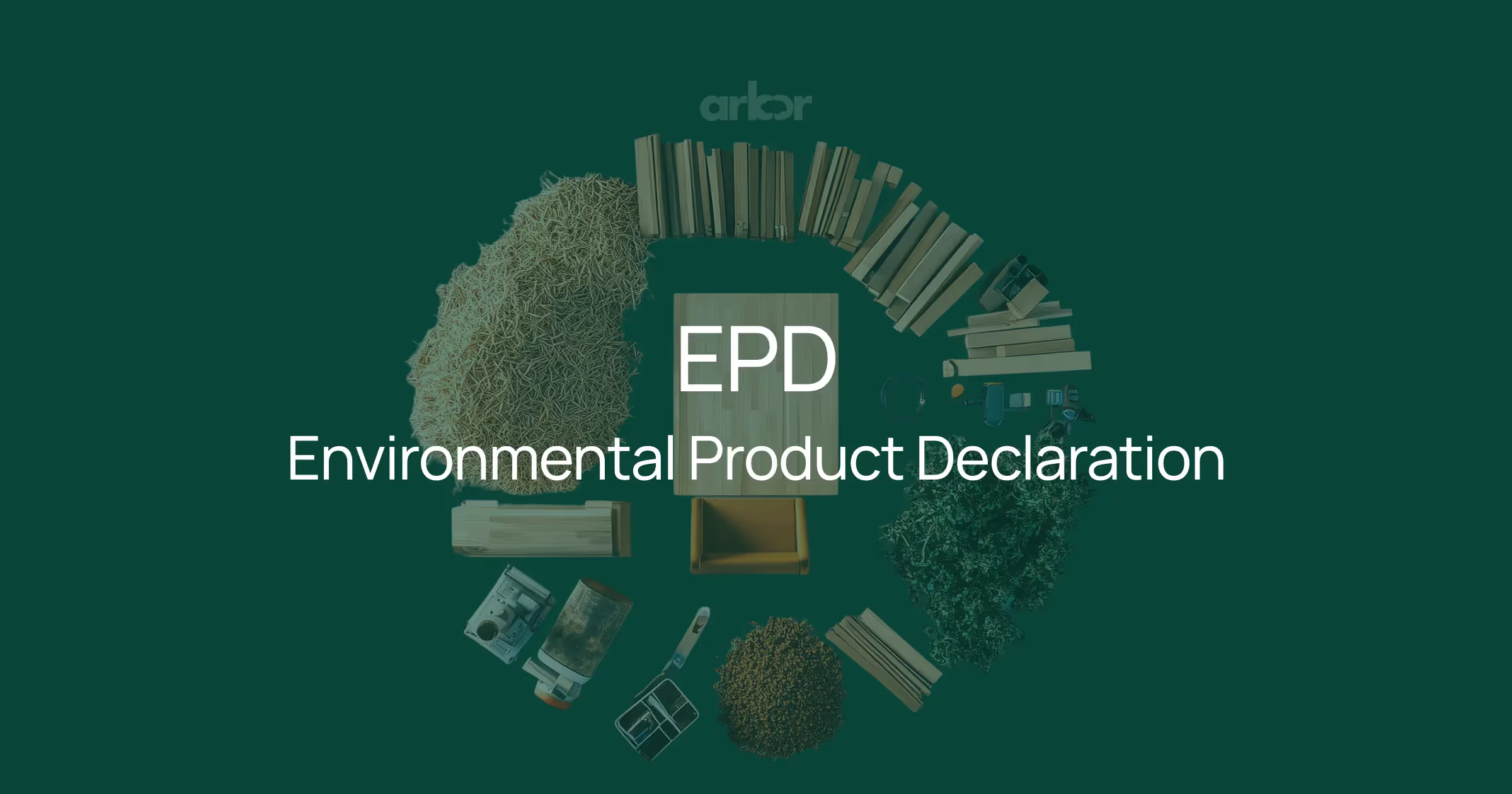
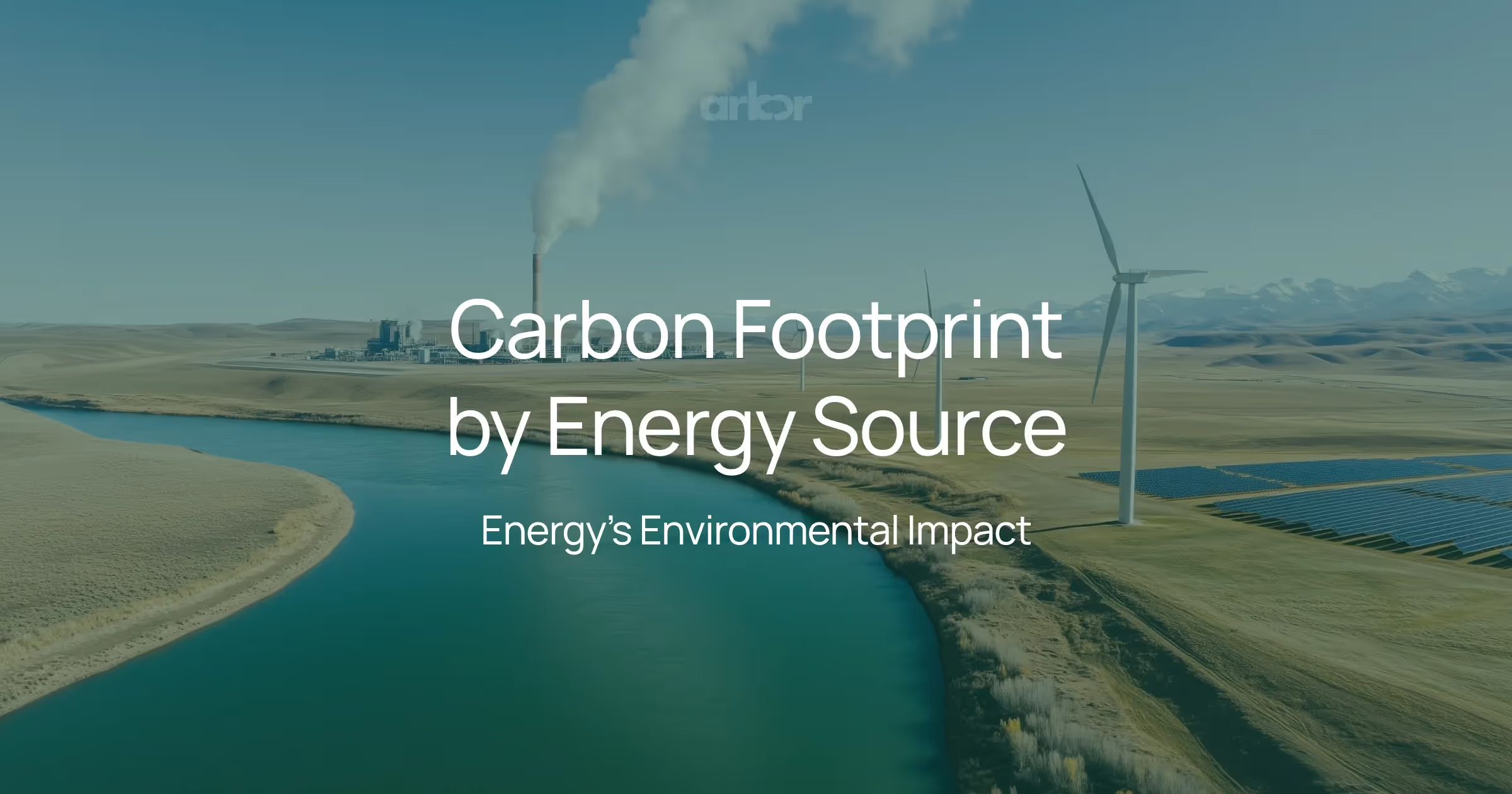
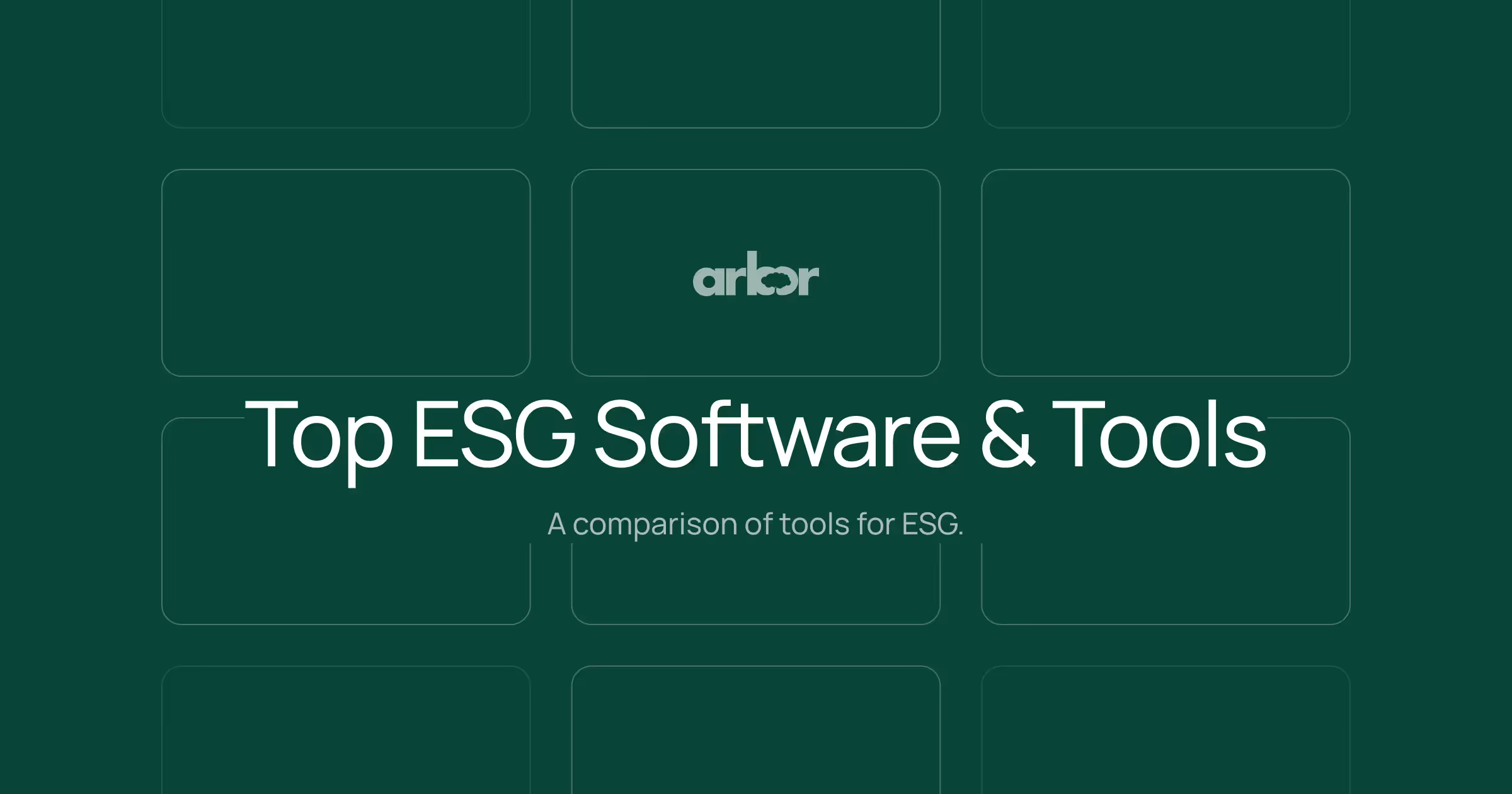

%20Arbor.avif)
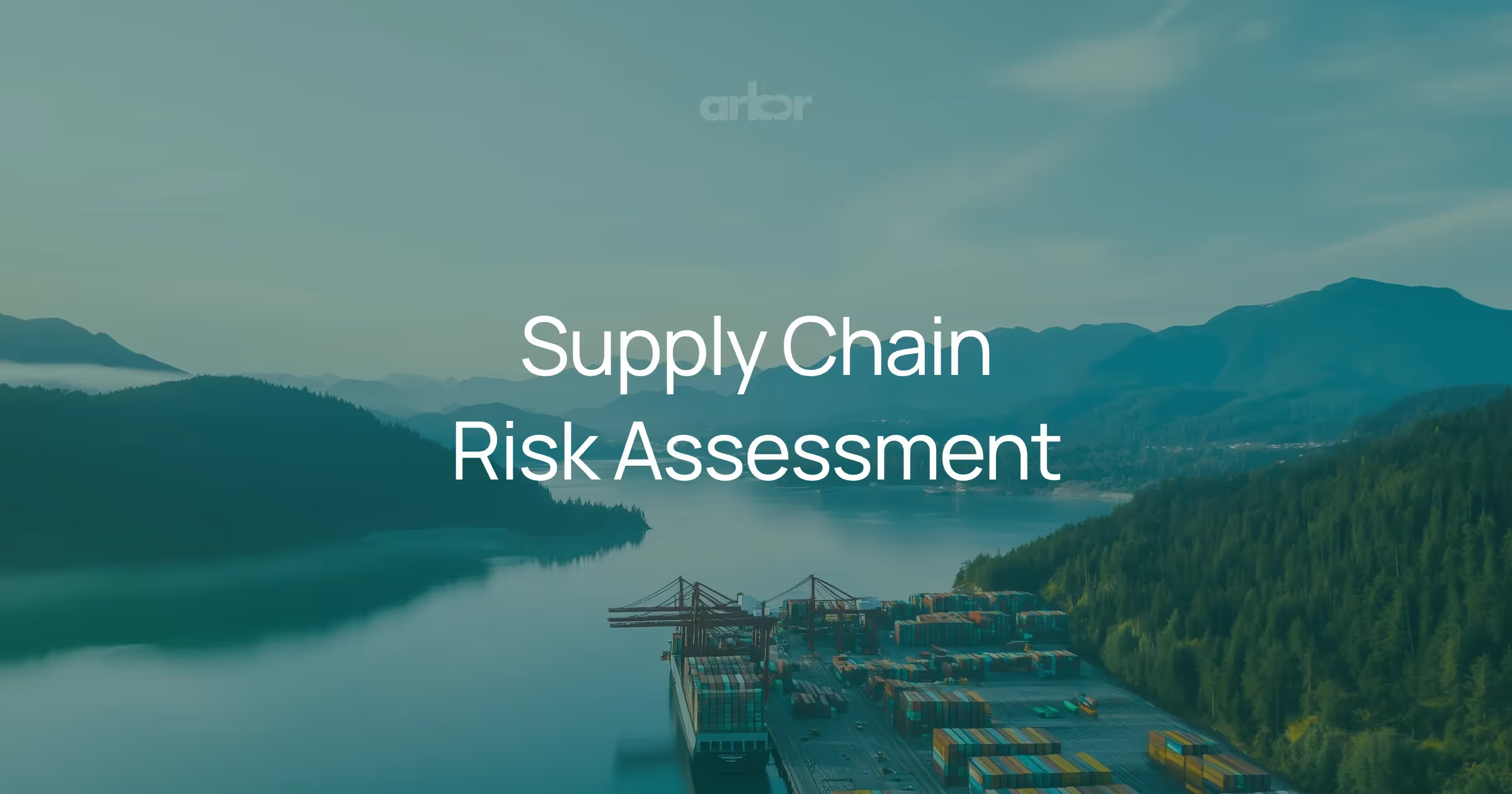
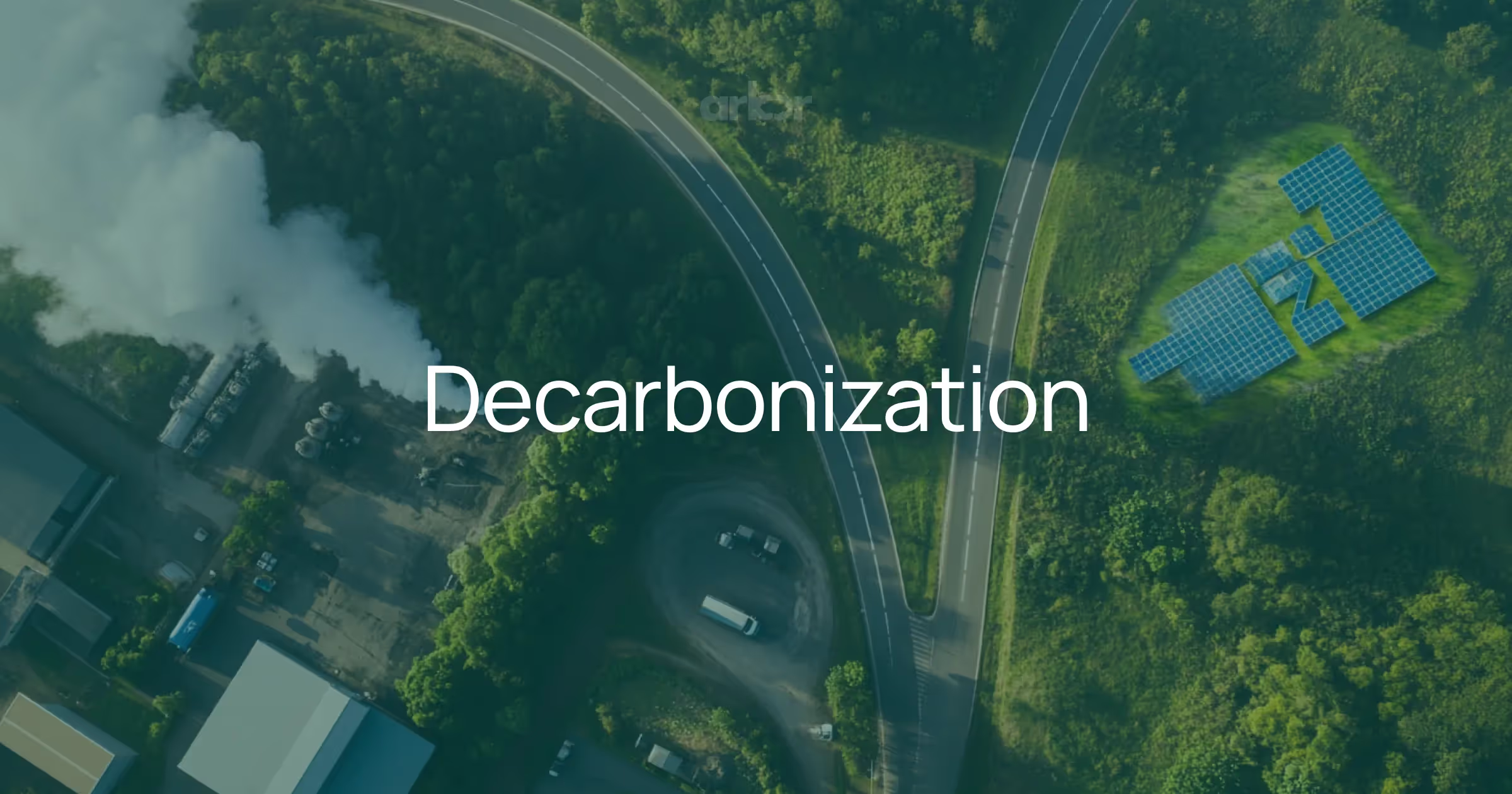

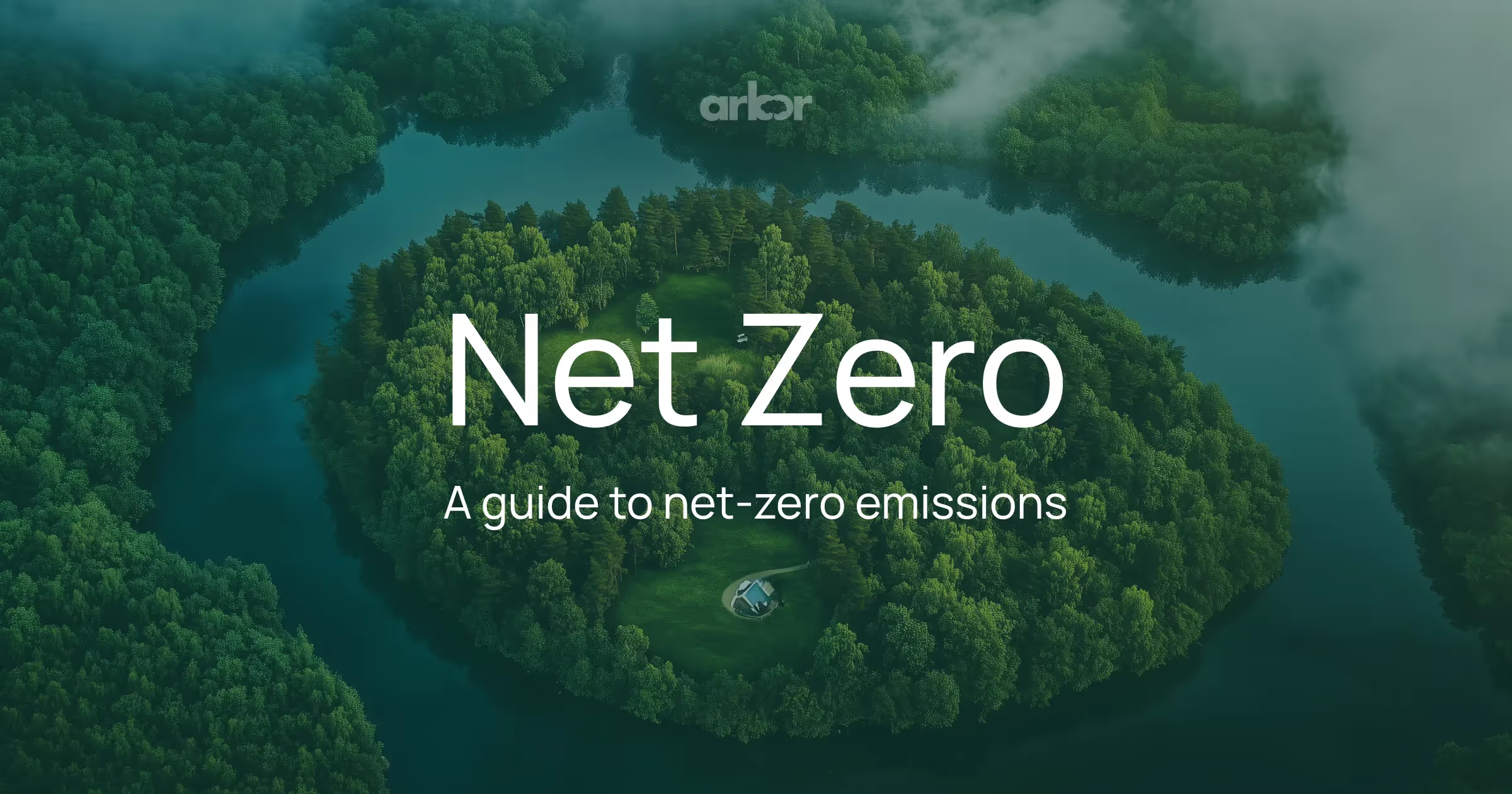

%20Arbor.avif)
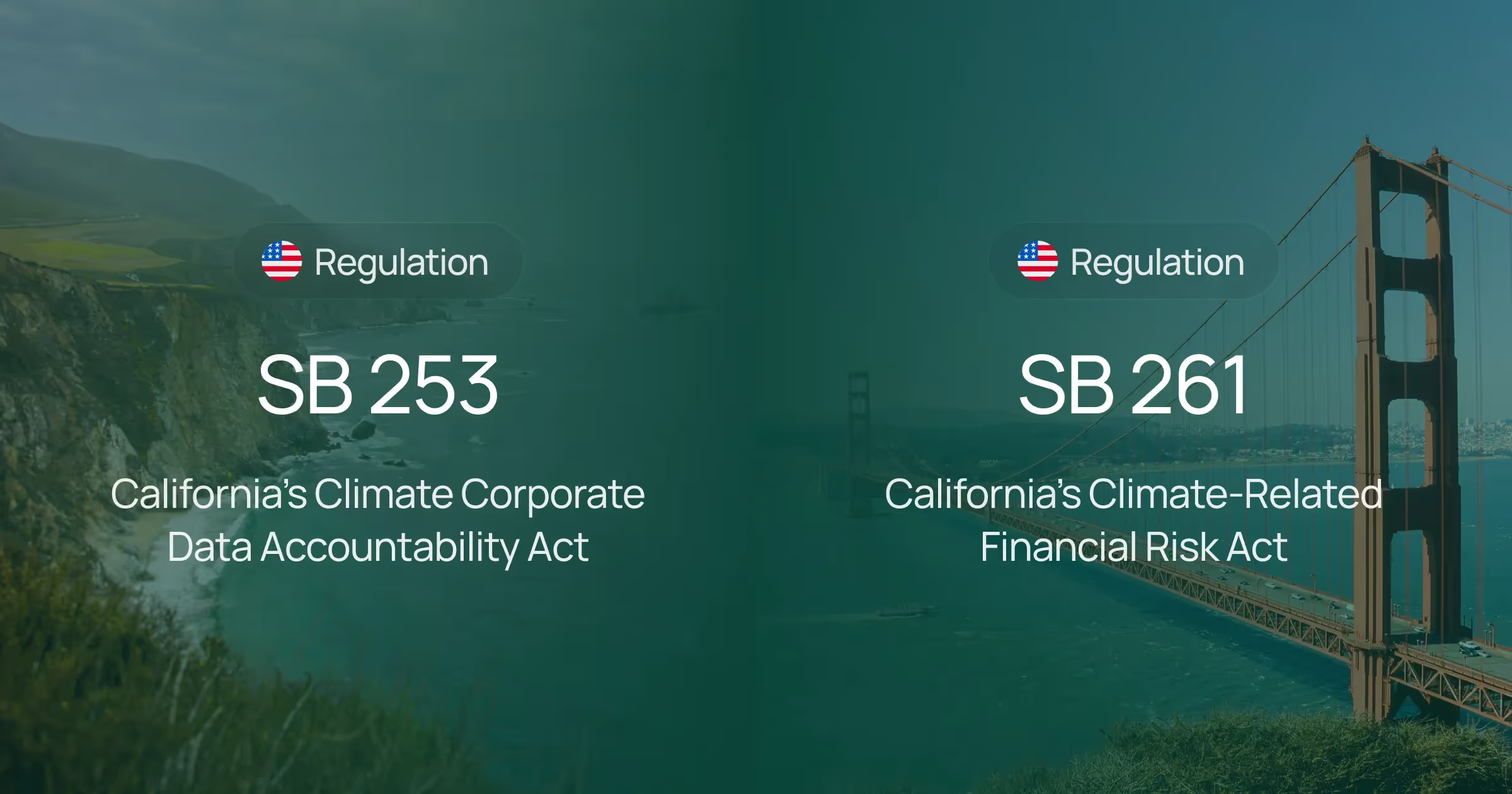

.avif)
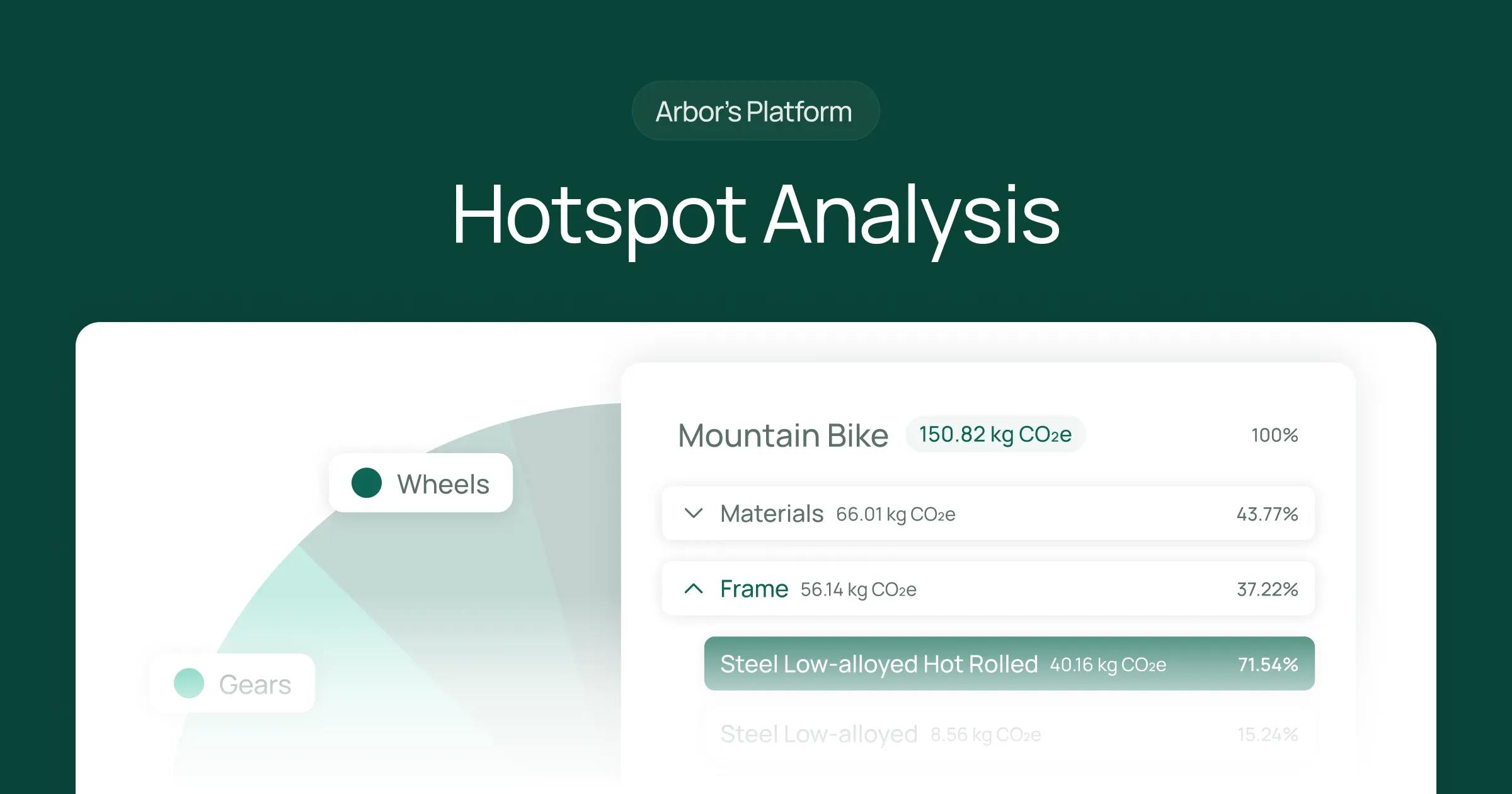
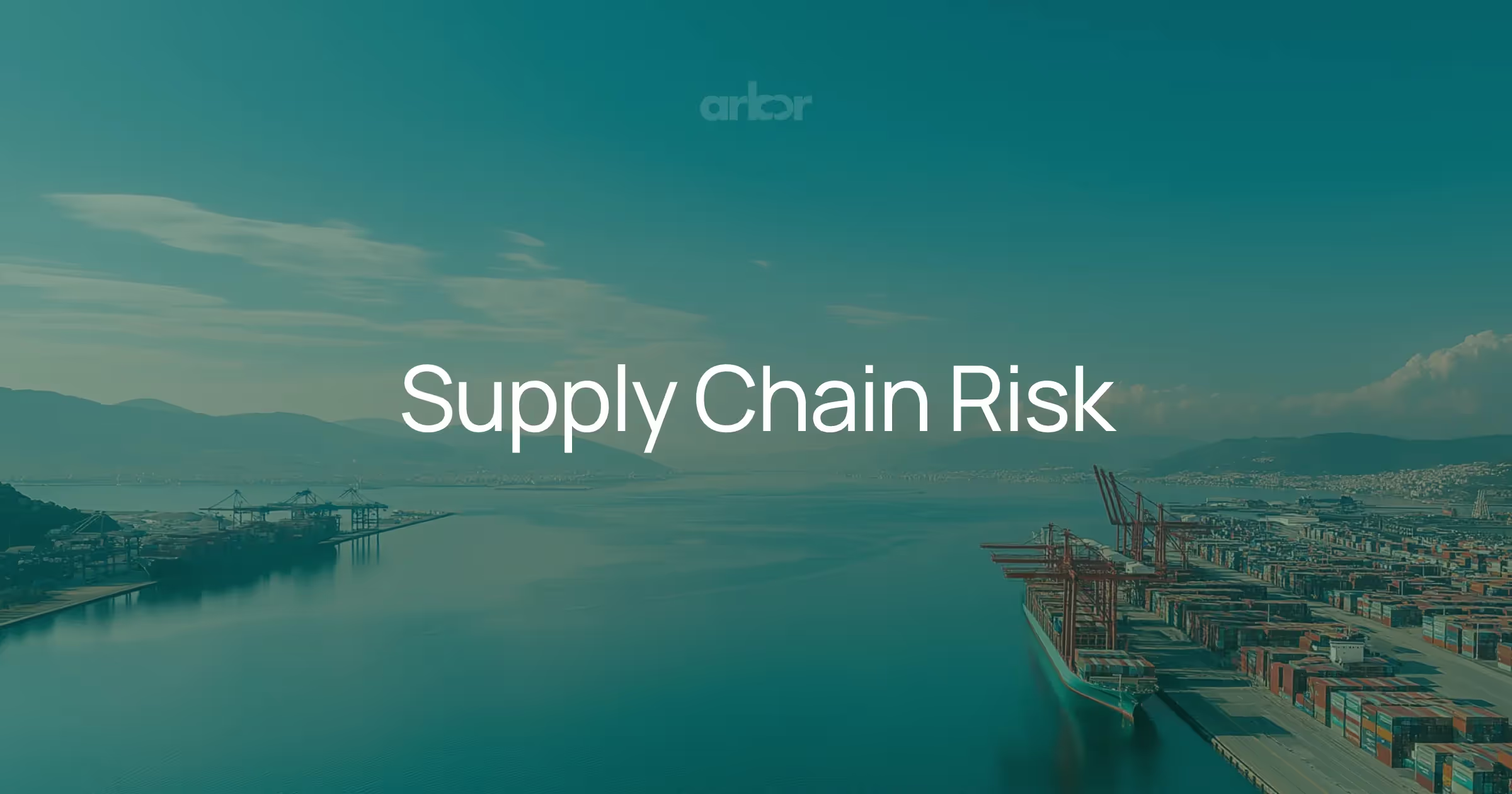
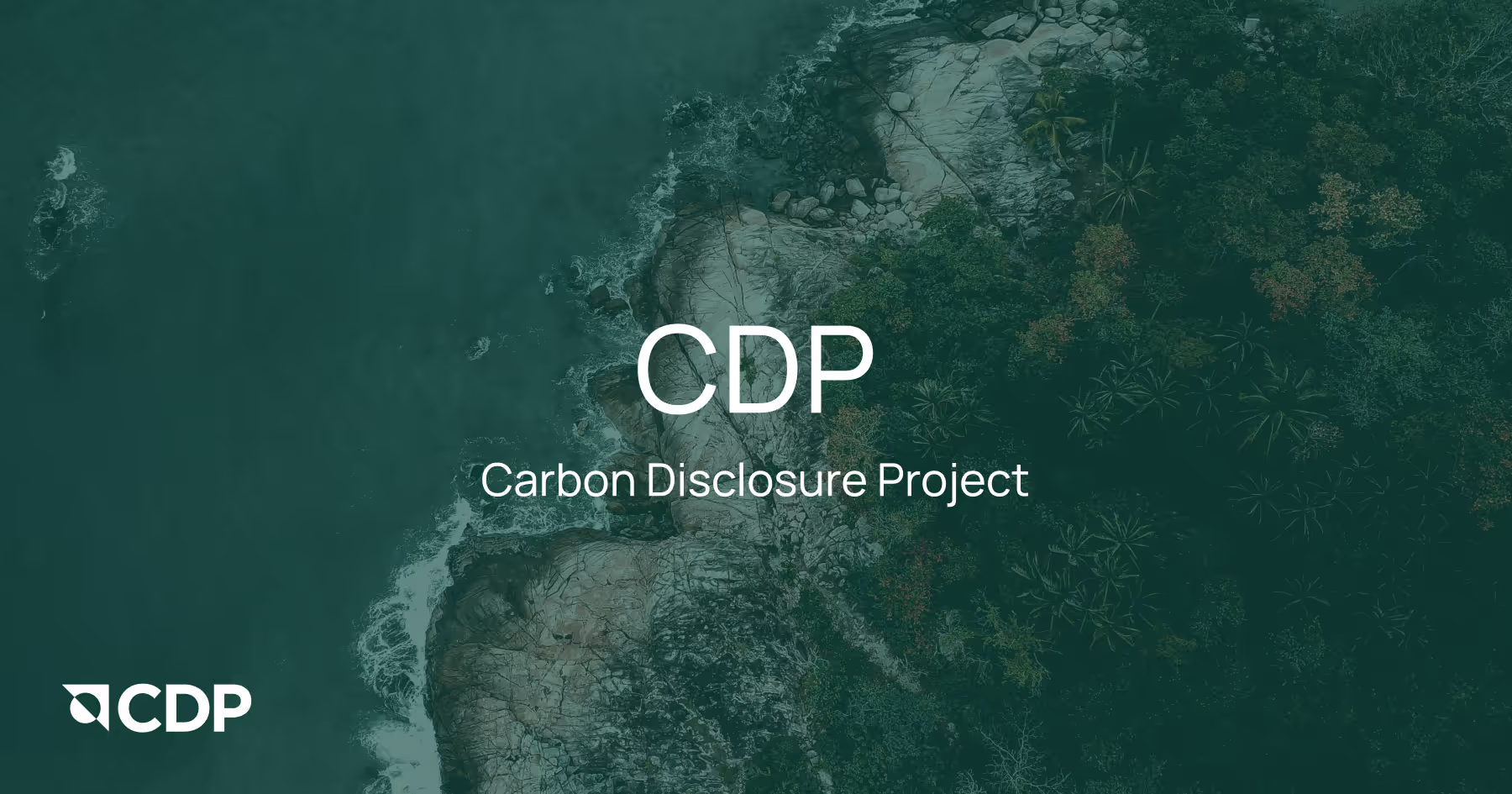
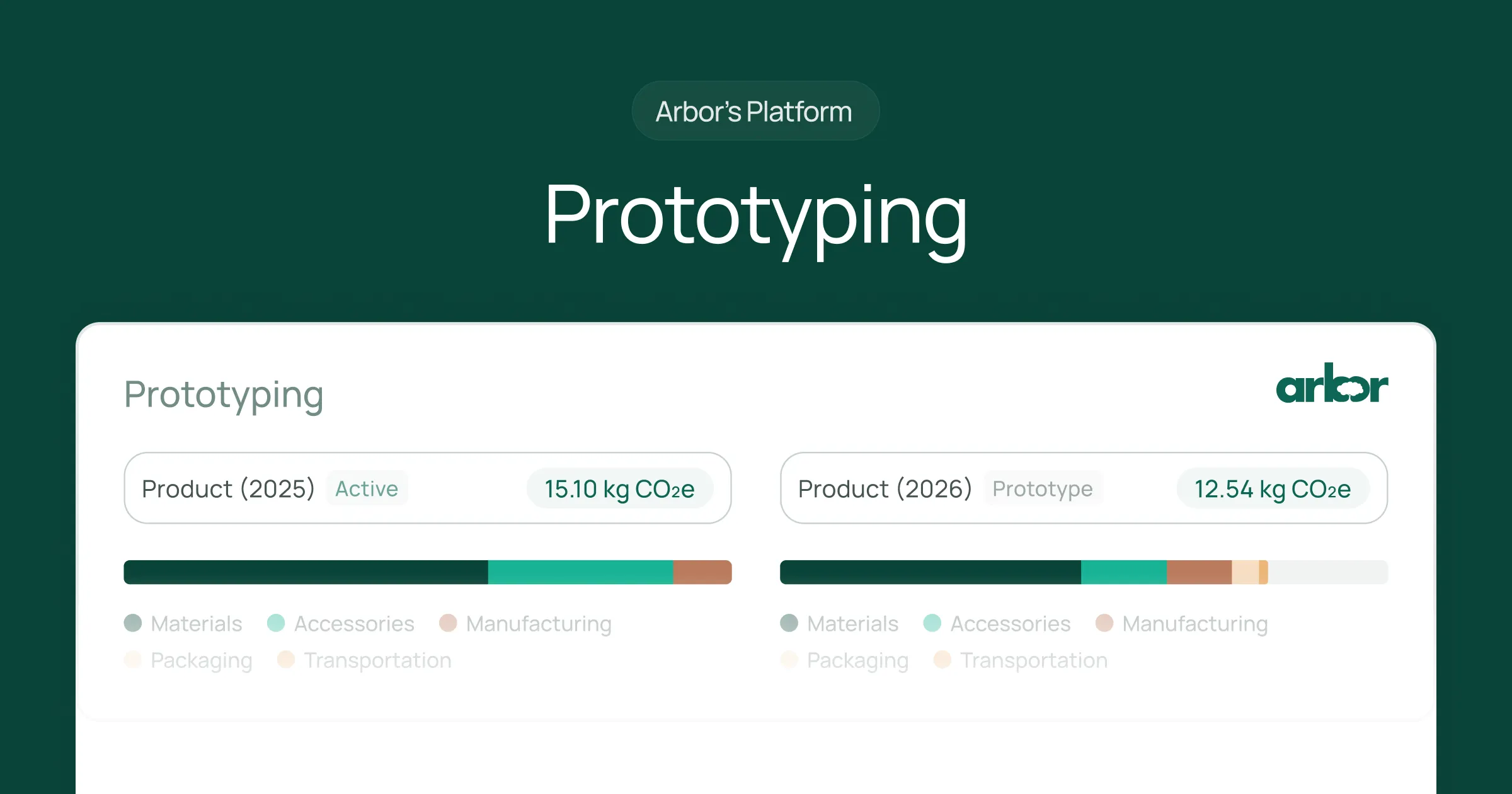
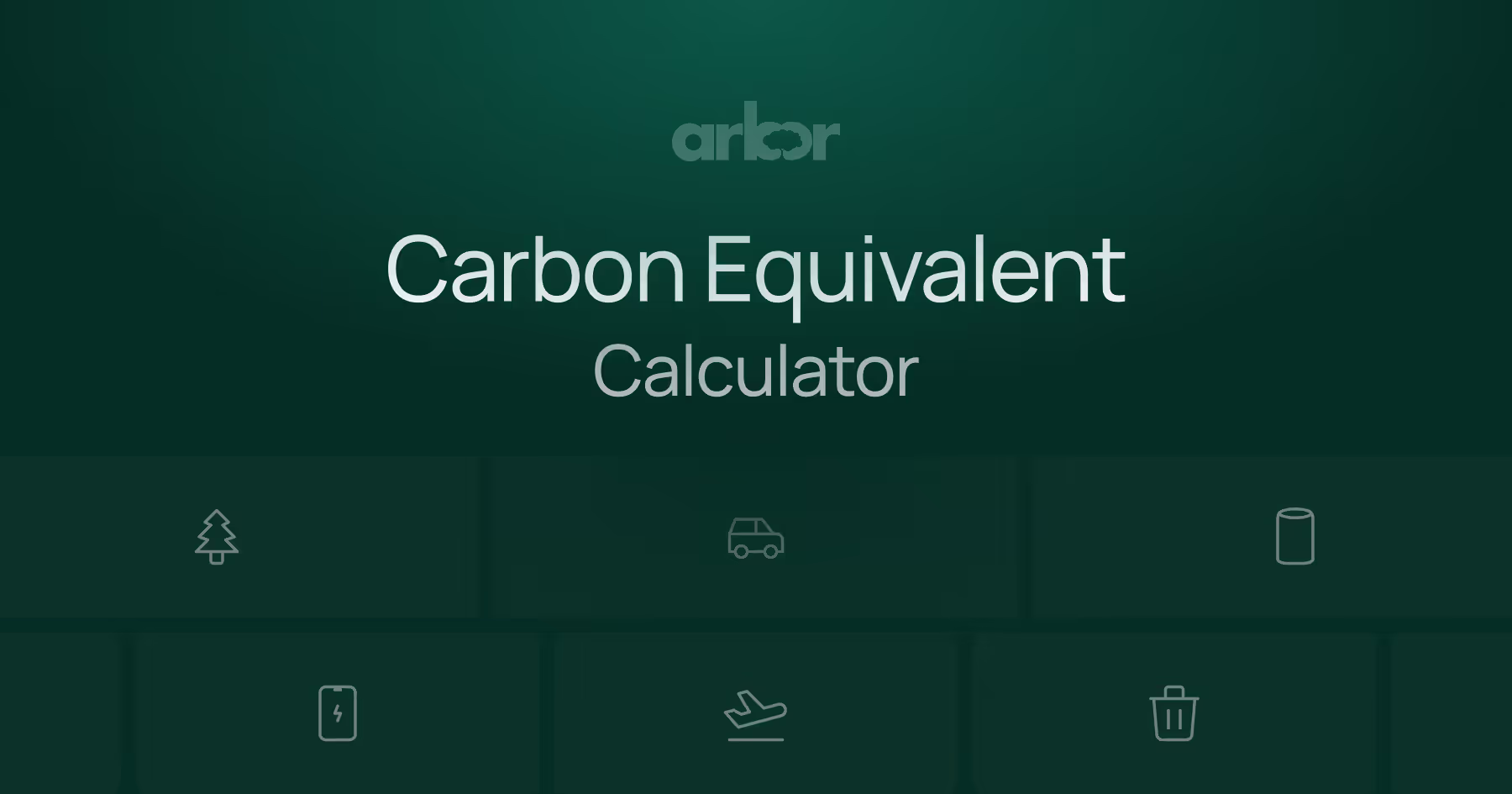

%20Arbor%20Canada.avif)
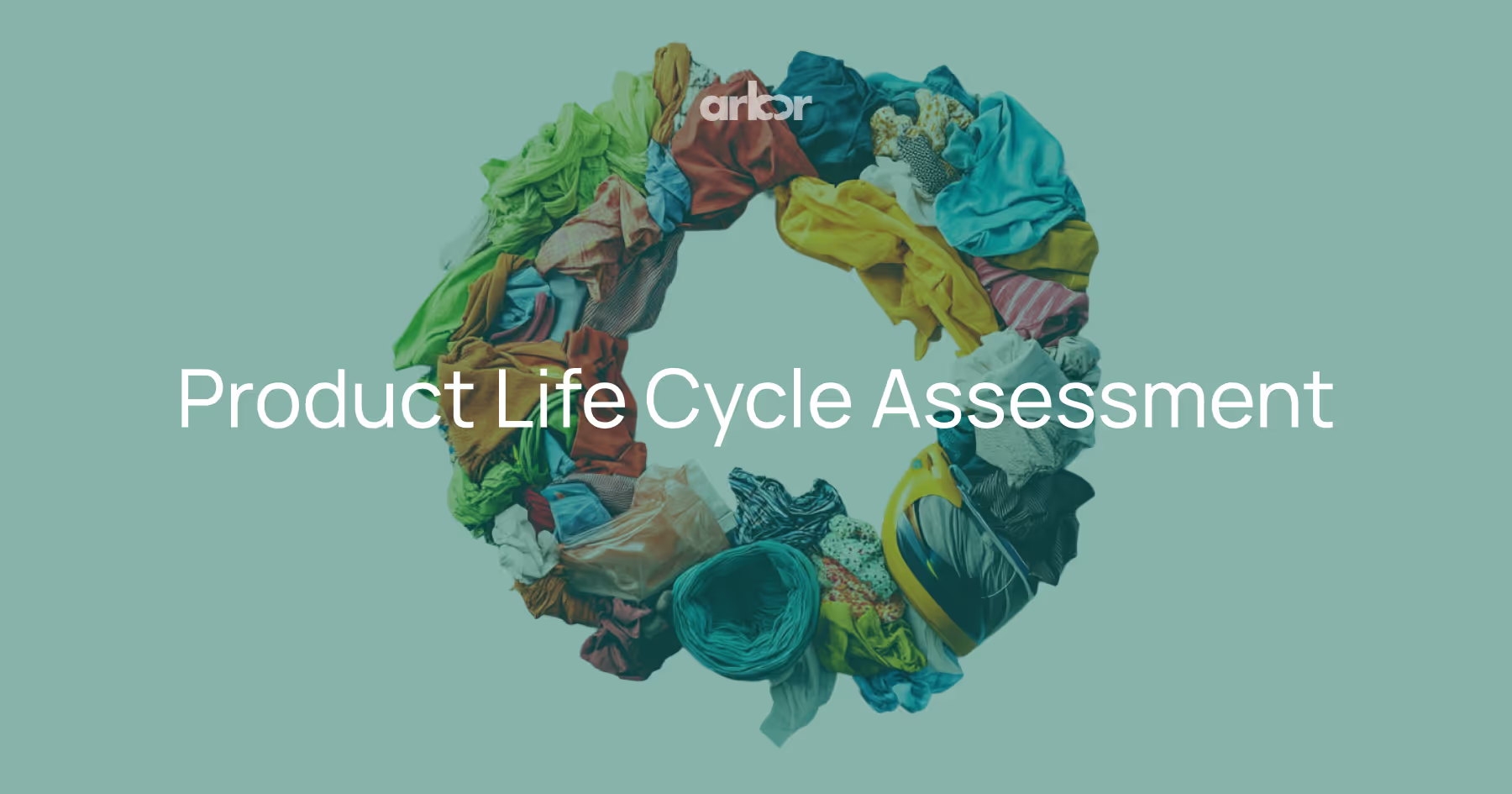
.avif)
%20Arbor.avif)
.avif)
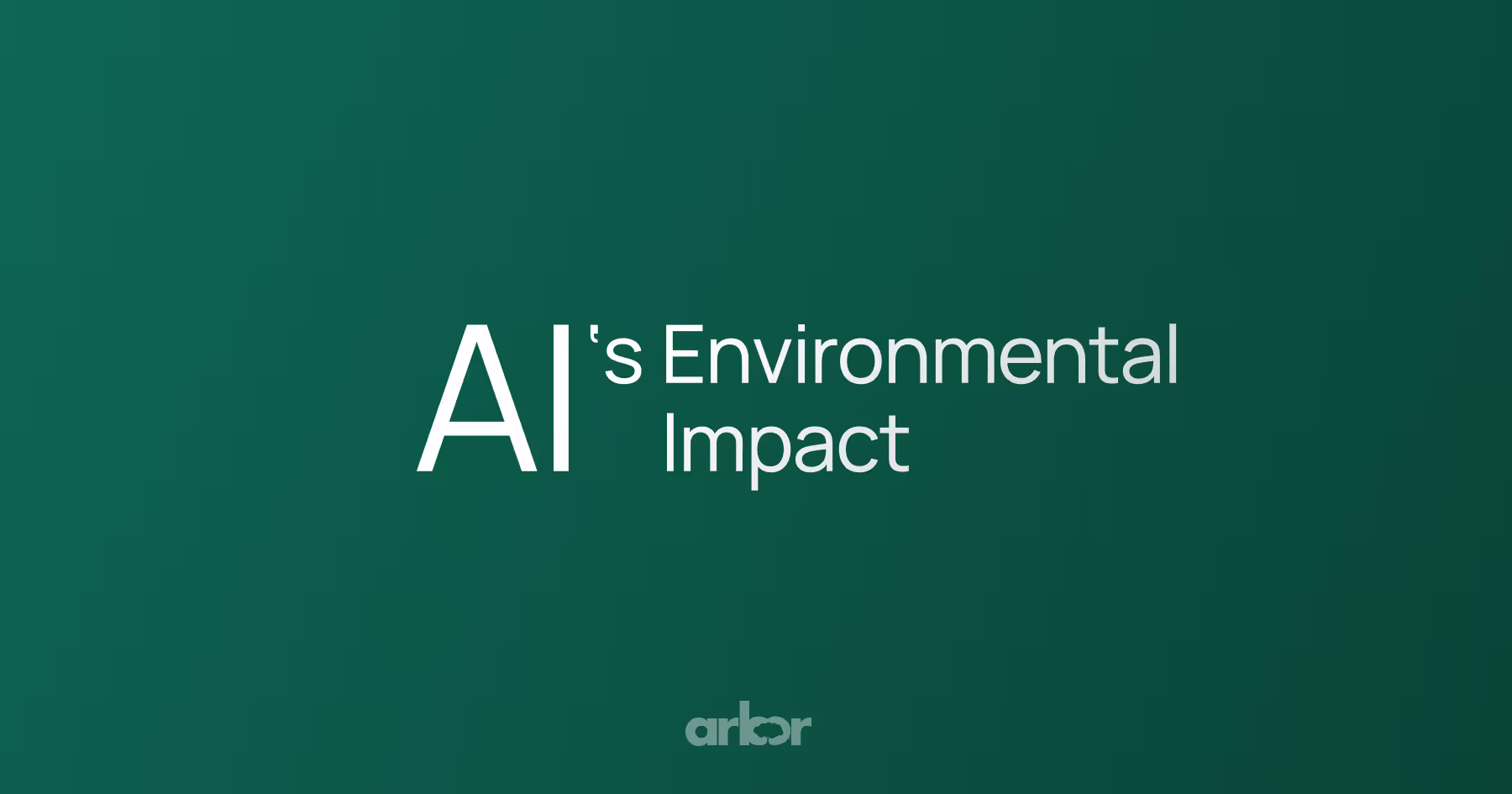

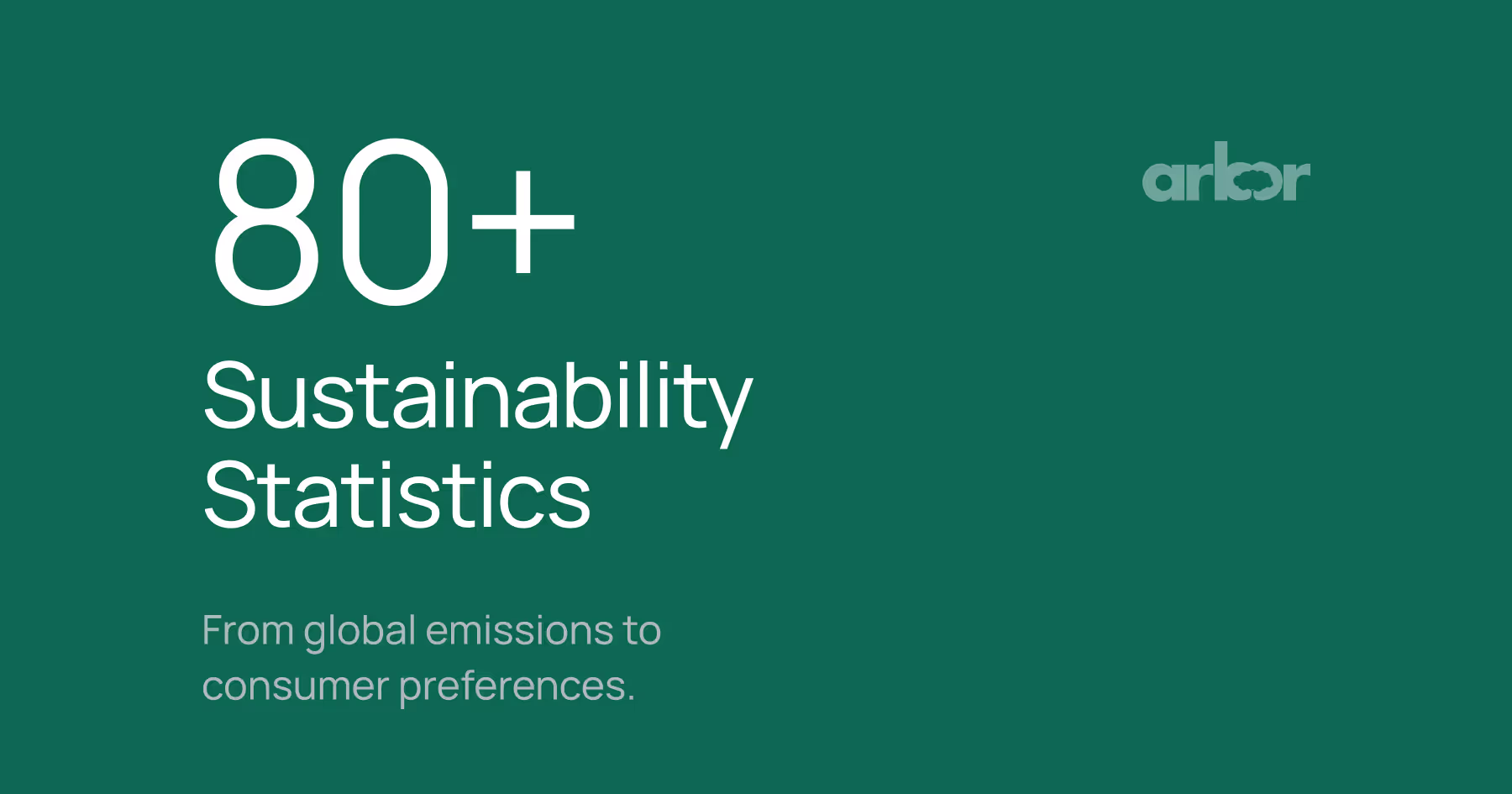


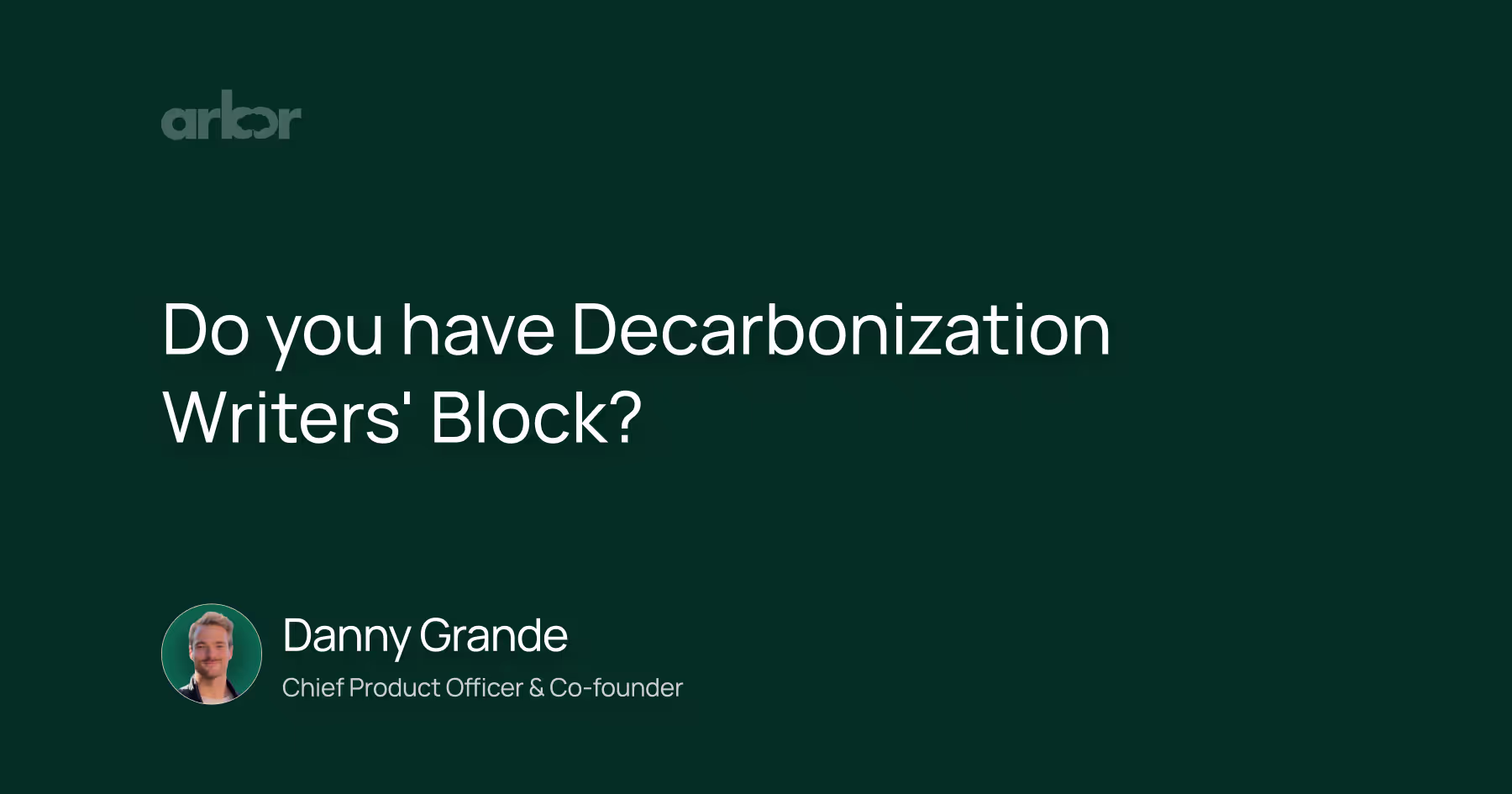
_.avif)
.avif)
%20Arbor.avif)




%20Software%20and%20Tools.avif)





.avif)
.avif)
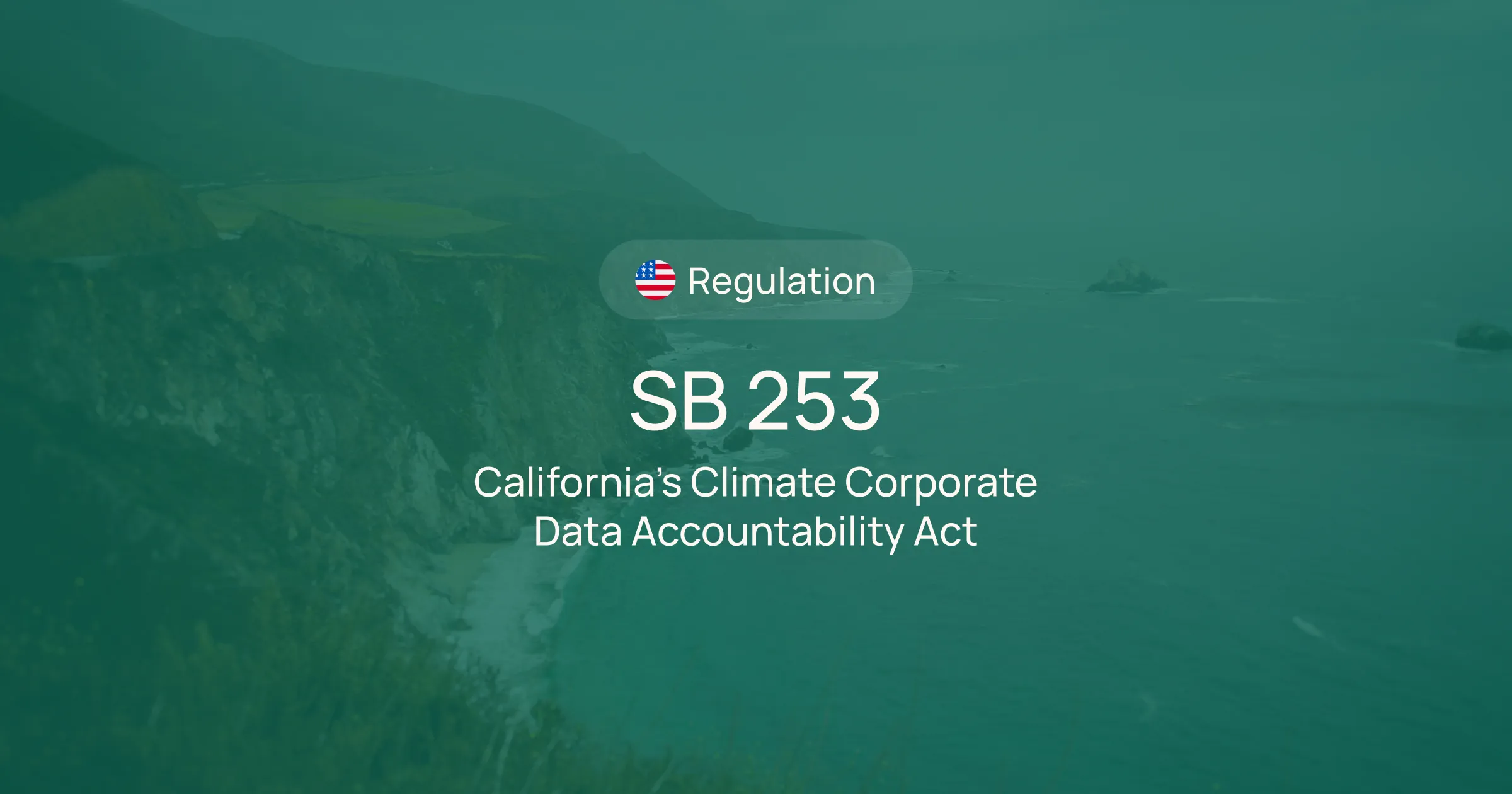



%20EU%20Regulation.avif)





.avif)





.avif)
















%20Arbor.avif)




.avif)









